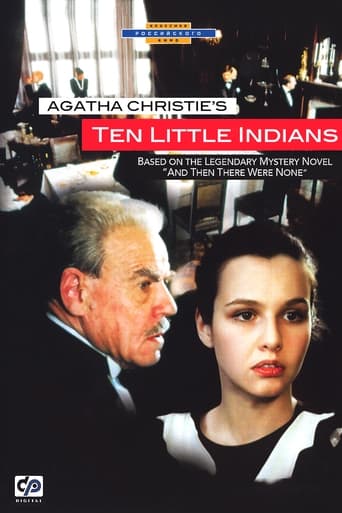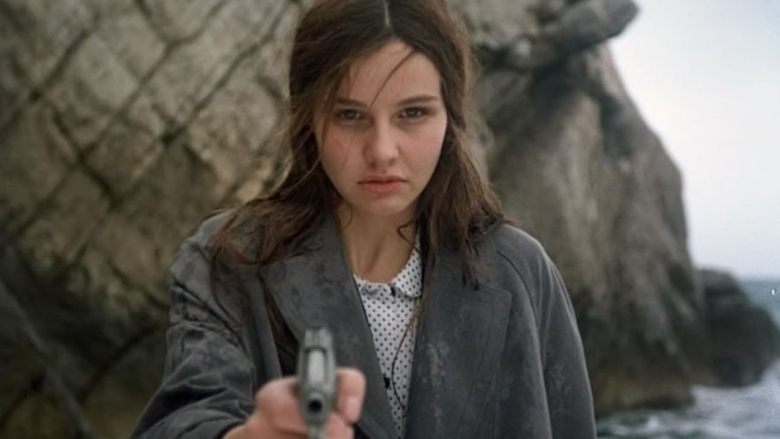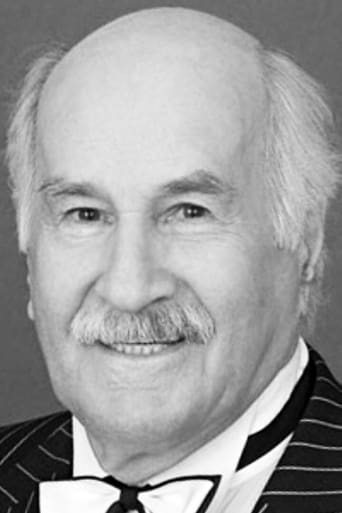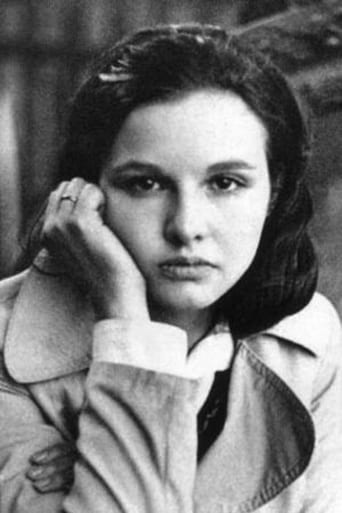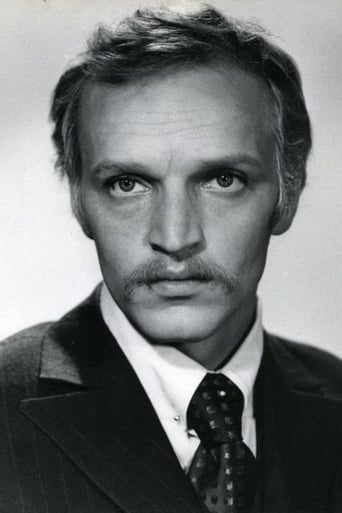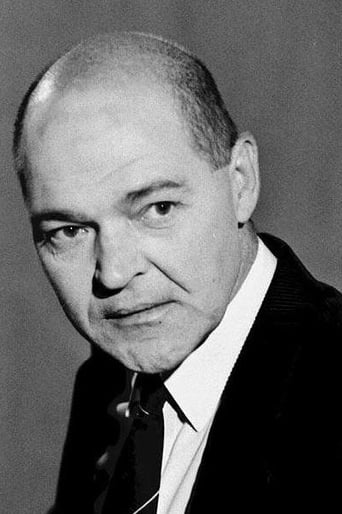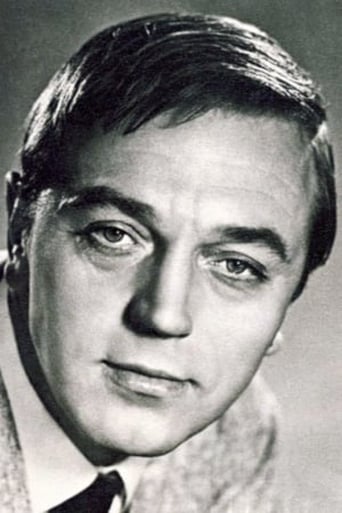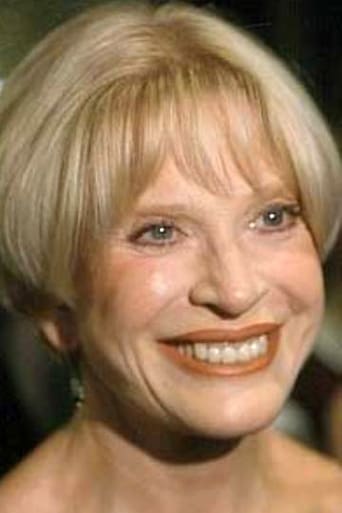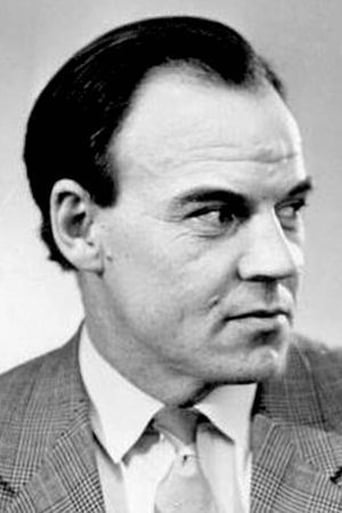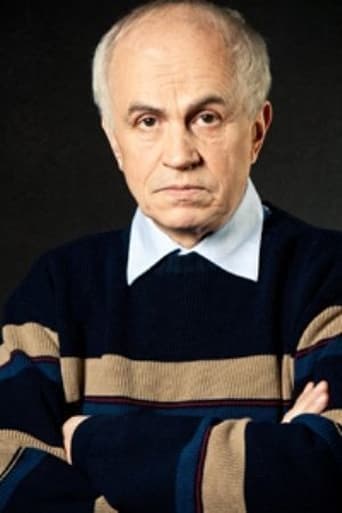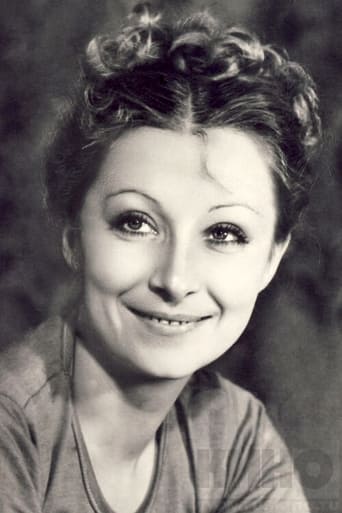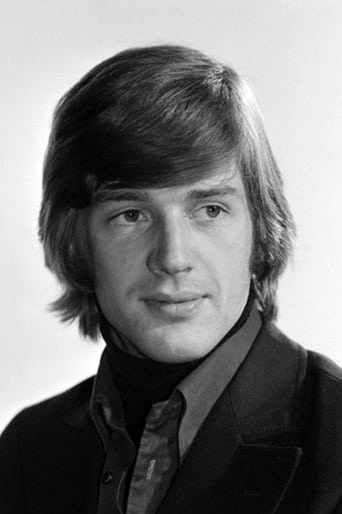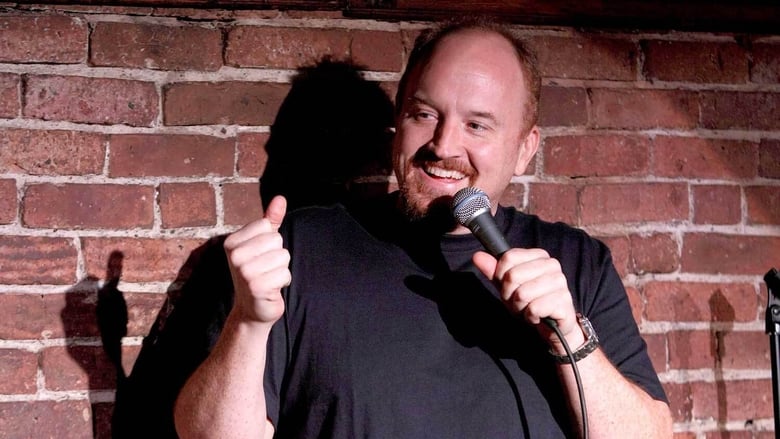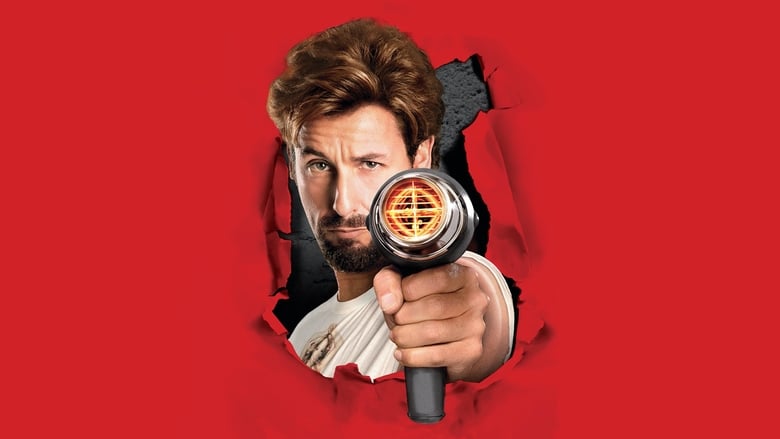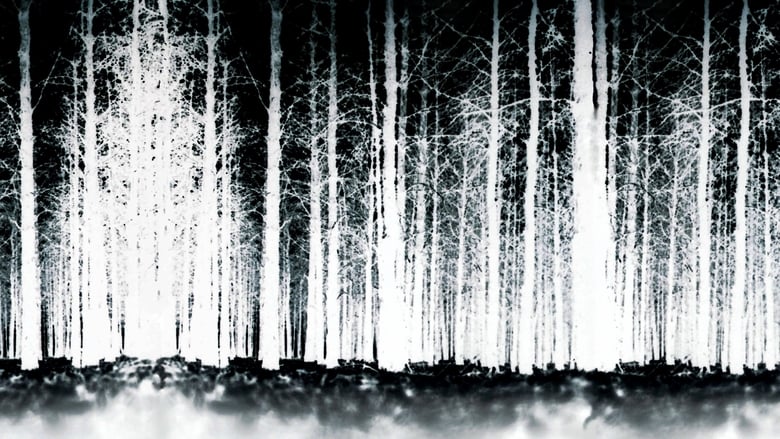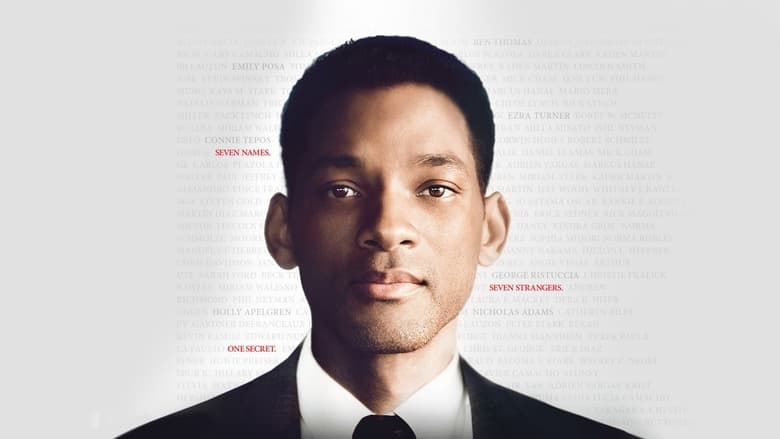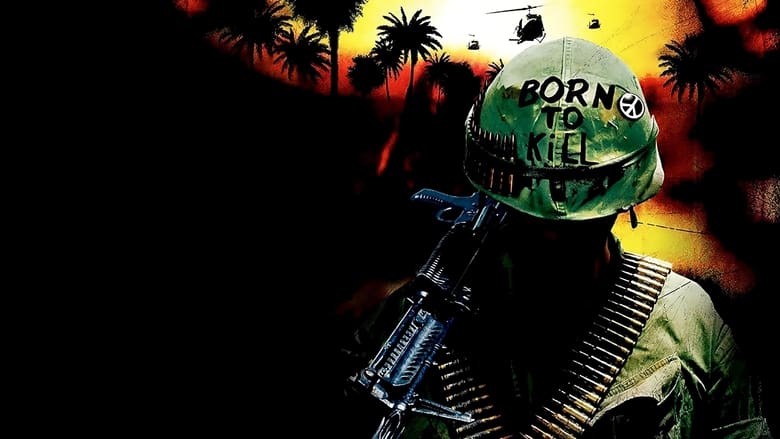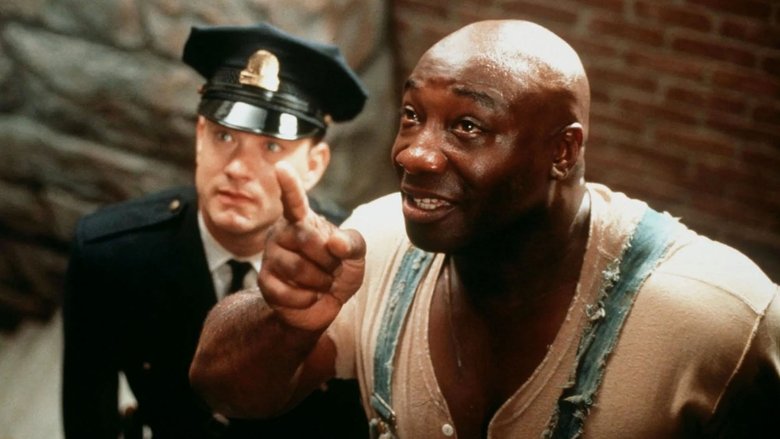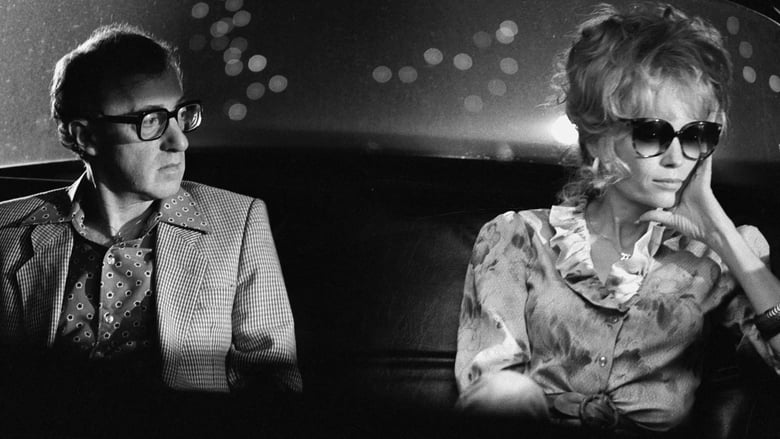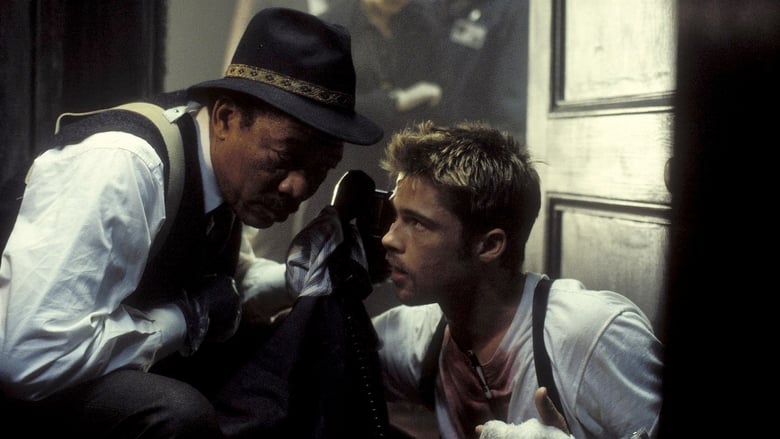A disturbing psychological thriller based on the classic novel by Agatha Christie. Ten strangers are forced to come face to face with their dark pasts after receiving an anonymous invitation to an isolated island off the coast of England.


Similar titles

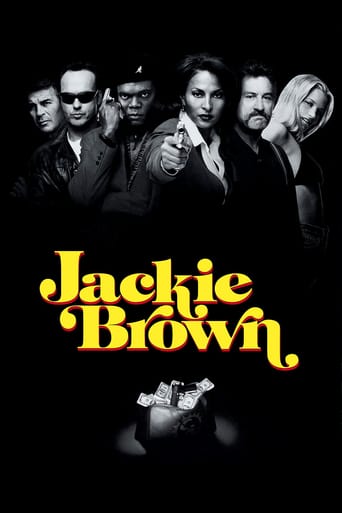
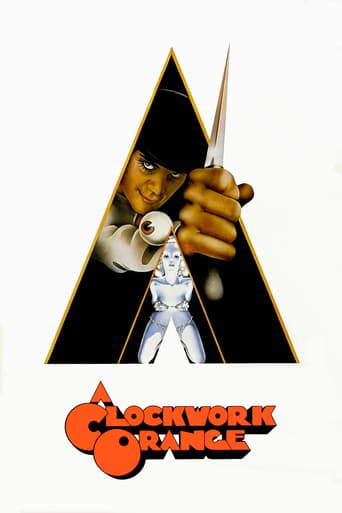

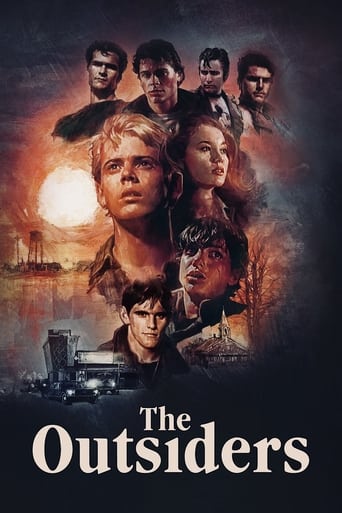




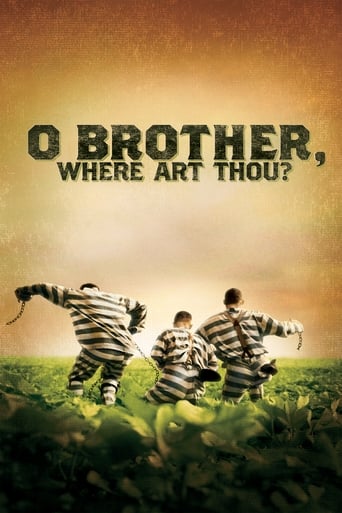
Reviews
This is the only movie adaptation of Agatha Christie's landmark story that stays true to the novel's ending, and for that, many people are willing to overlook its flaws. But the flaws are there, largely due to the language barrier, and it keeps this from being the perfect Christie adaptation that it could have been.Very little has been cut from the book, so that anyone who owns a copy of the book can practically dig out their copy and recite the dialogue word-for-word. And by the time the fifth murder happens, you're tempted to do so. The adaptation goes beyond faithful into slavish, and you can practically put your brain on autopilot.Moreover, whoever did the subtitles either has never read the book or is simply not familiar enough with English to do a good job. When Rogers greets the guests upon their arrival in the novel, for example, the scene is presented from Anthony Marston's point of view, and Marston is not paying attention, so Rogers' dialogue comes out (deliberately, on Christie's part) choppy and missing some words ("What was it the butler chap was saying? Mr. Owen...unfortunately delayed...unable to get here till to-morrow."). The translator evidently thought that that was how English is constructed, and repeats Rogers' words exactly.But while not everything has been cut, some material has been...and some of that is important. In both novel and film, after the accusation scene, it's revealed that Mr. Blore is traveling under an assumed name, "Mr. Davis", from South Africa. But while the novel gives us a scene where he introduces himself as Davis, the film doesn't--so the "revelation" doesn't have the impact it should.Even more important is the second murder--it hinges on the poisoned drink being left where anyone could tamper with it. However, in the film, the drink isn't administered, so the second murder is impossible.Another, minor point is Anthony Marston's confession. He describes as what happens as "beastly bad luck", at which point someone asks, "For them, or for you?" Marston's next line is cut from the film--"Well, I was thinking - for me - but of course, you're right, Sir, it was damned bad luck on them." This is the key to the whole character--Marston isn't the kind of person who actively does wrong, he simply does and thinks about it afterwards, if at all.Still, as one other reviewer has mentioned, this is the adaptation that "goes there". The final murder is absolutely chilling. But it could have been so much tighter, and it's not.
Before I saw this Russian version Desyat Negrityat, the best adaptation was the 1945 Rene Clair film, which I consider one of the best Agatha Christie film adaptations there is. The 1965 version was very good, 1974's was okay though heavily flawed and apart from a couple of redeeming values 1989's was barely passable. I had heard so much about the 1987 Russian version, all great stuff just in case you're wondering, and I am so glad that I finally saw it, as it is as brilliant as everybody says. The subtitles are rather stilted and even a few sentences behind towards the end and perhaps the murderer's identity could have been revealed just a little later than it was, but compared to how much in the film's favour there is they weren't enough to ruin the film.This is indeed the most faithful adaptation of the book, which is saying a lot actually. The book is one of my favourite books ever and a contender for Agatha Christie's best. While there are a couple of changes and additions, namely the sex scene, which I found both erotic and mad without feeling out of place, this is as faithful as you can get as an adaptation of Christie's work. All the names are intact in Desyat Negrityat as is the location, how the murders are committed, the past crimes and the grim original ending. So much so, it is like the book itself come to life, while it was very true to the spirit of the book even the 1945 film didn't manage to achieve that. But aside from being faithful, Desyat Negrityat succeeds brilliantly on its own terms.When it comes to the dialogue, it is not just word-for-word(apart from Anthony Marston's reply to who had the most beastly luck, which said a lot about his character) but maintains the thoughtful, occasionally humorous and beautifully developed prose of the book. The film is long- just over two hours- and does unfold slowly, but considering the author's style and how much there is in terms of characterisation and insight these were necessary. For me though, because of how engrossing everything was those 2 plus hours flew by. It was also fascinating how we could see the character's thoughts, something that none of the other adaptations did, while the murders, especially Emily Brent's, were very creepy. Whether the ending comes as a surprise to people depends on their familiarity with the book, it wasn't a surprise to me admittedly but it is always intriguing at what the adaptation does with building the suspense and how it executes the solution.In this regard, Desyat Negrityat does wonderfully. It sticks to the grim tone of the book, and it is very suspenseful, helped by the stunning and appropriately claustrophobic locations and photography. Before now, I thought the book ending was unfilmable, which was why a less downbeat ending was written for the stage I believe. The latter I can see why it was done and it has grown on me overtime having for some time being underwhelmed by it, but apart from Vera's death perhaps being too much by chance the book ending feels as though it has more time to explain everything. Desyat Negrityat proves that the book ending actually can be done if in the right hands. The characters are very true to their book counterparts and developed very well, these characters are not ones you necessarily root for but then again I don't think that was the intent.On top of this, the music score is very spooky and ominous, without giving anything away or overbearing what's going on. The poem the mystery is revolved around is as omnipresent and fear-inducing as it ought to be. The direction never allows the mystery, suspense and tension to let go, while the acting is excellent, those for Judge Wargrave, Dr Armstrong and Emily Brent being the standouts though Vera Claythorne's actress is strikingly beautiful without being overly so. Not just that, but, although the 1945 film was close to perfect(1965 had two bad performances but the rest were fine, 1974 was a mixed bag and 1989 had only three actors that were halfway decent), it's the only one where nobody is bad. Certainly the only adaptation where the Anthony Marston character isn't annoying. Overall, the best version, just brilliant. 10/10 Bethany Cox
Having seen all the four British adaptations of Agatha Christie's bestselling novel 'And Then There were None' AKA 'Ten Little Indians', I decided to turn my attention to the Soviet adaptation of this great work-'Desyat Negrityat'. For me, the biggest lure of this film was the fact that, unlike the English adaptations, it retained the dark and disturbing ending of the original work.As I had expected, this film WAS a much more faithful adaptation of the book than any other, in EVERY respect. And therein lies one of its faults. With virtually every scene in the novel included, the pacing off this film suffers, especially in the first half; there are long stretches of expository dialogue which, while informative vis a vi the plot, leaves the viewer yearning for action. Where the film succeeds however, is firstly, in the setting-the sheer modern simplicity of the house on Indian Island belies the horrifying deaths which occur within its walls one after the other, a juxtaposition which is chilling indeed. Secondly, unlike any of the other adaptations, this film does a great job exploring the inner torment and psychological conflicts of the characters under siege...the character of 'Vera Claythorne' in particular; adding a depth to the story lacking in previous theatrical renditions.On the whole, 'Desyat Negrityat' has its flaws, but it is a great watch nonetheless...and leaves one hoping for an English adaptation of the novel that is nearly as faithful!
Desyat Negrityat (a.k.a. And Then There Were None or Ten Little Indians) Is really an amazing film! This is the closest adaption to Agatha Christie's novel! You may or may not like the cast but that's up to you; I think they did a really great job. The actors are not what I imaged the character will look like but who cares. If you don't like subtitles then you might want to skip it but I suggest you don't if you really want to see a true adaption. Spoilers:In the other film adaptations to Agatha Christie's And Then There Were None it had a happy ending were Vera and Lombard fall in love live happily ever after or something like that. In this version, Vera shoots Lombard and hangs herself like the book. If you don't want an "unhappy" true ending then skip it, but that will be the biggest mistake.
